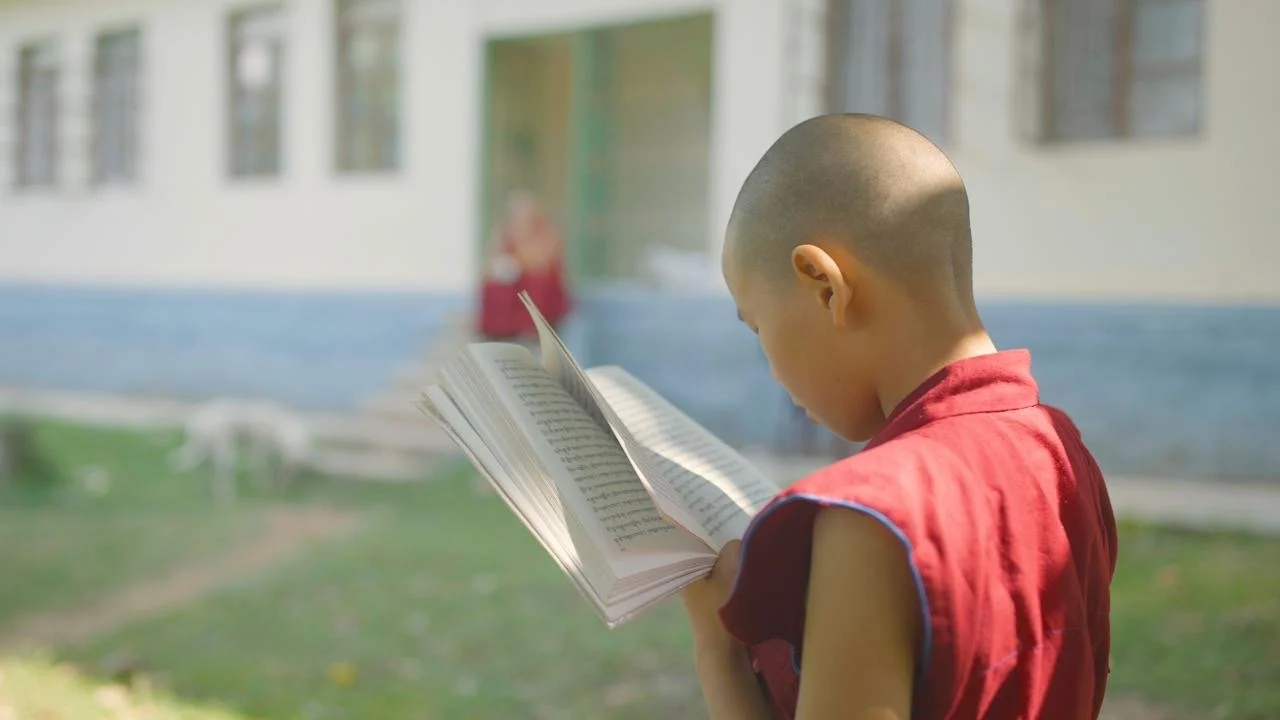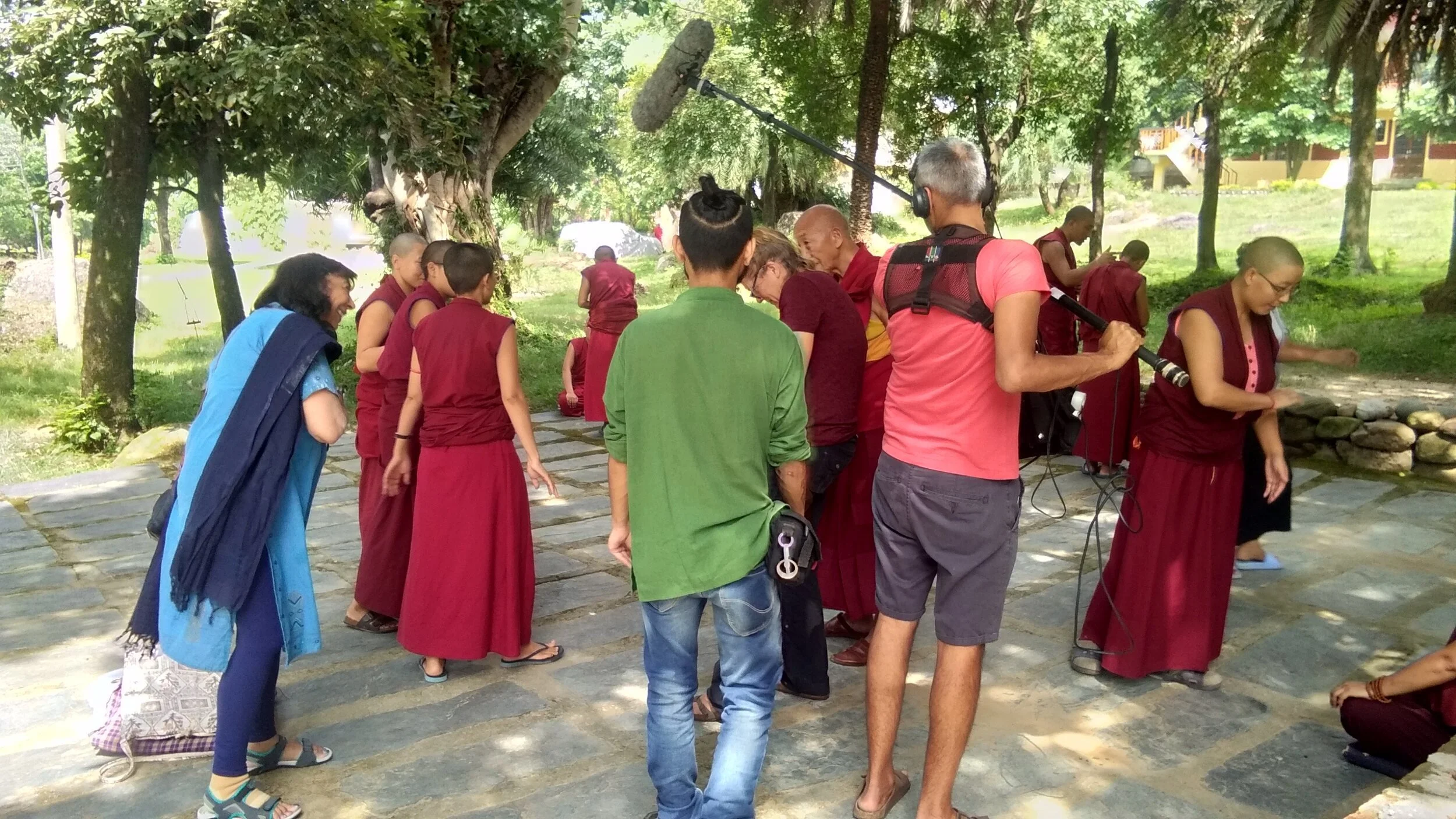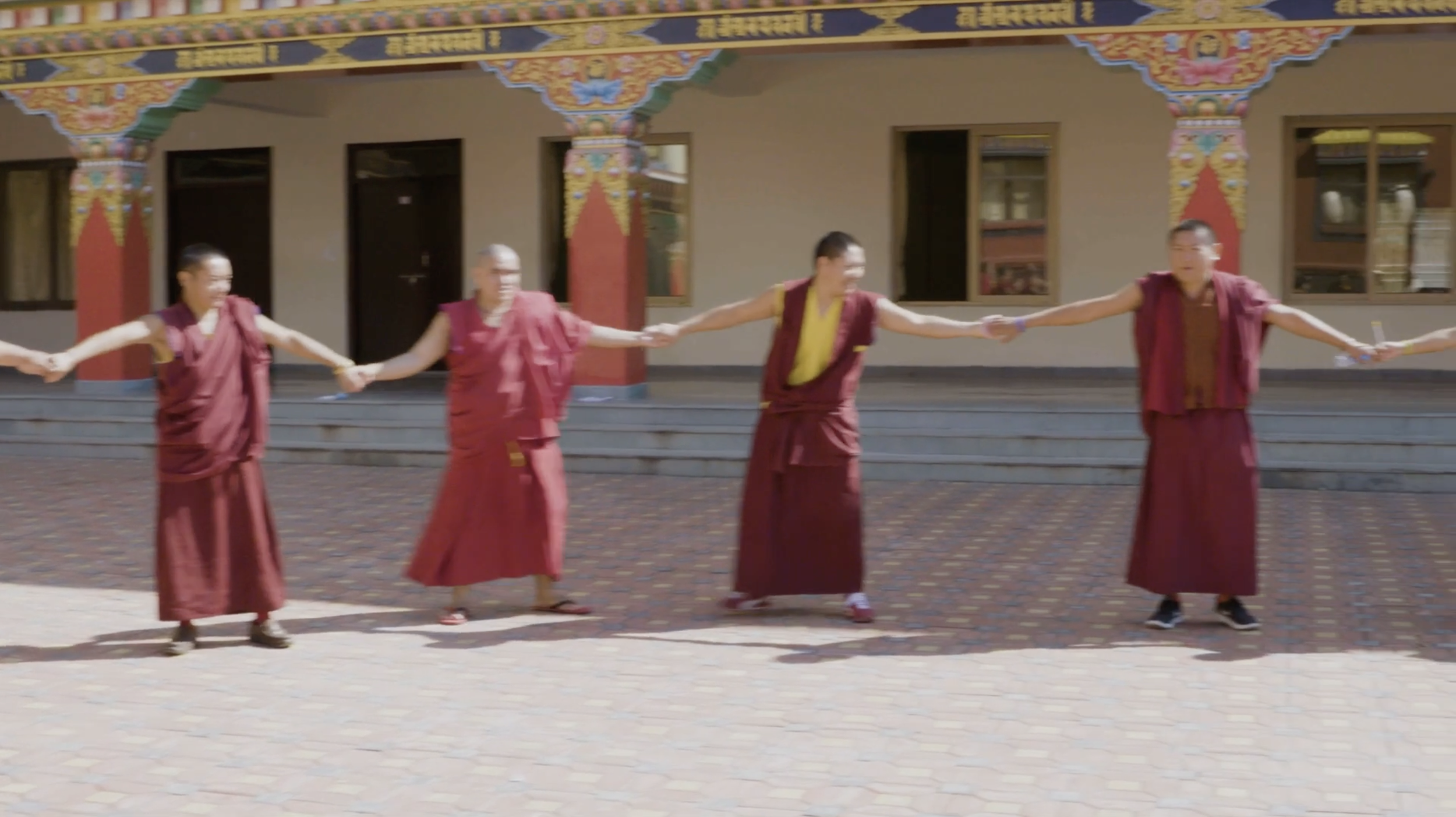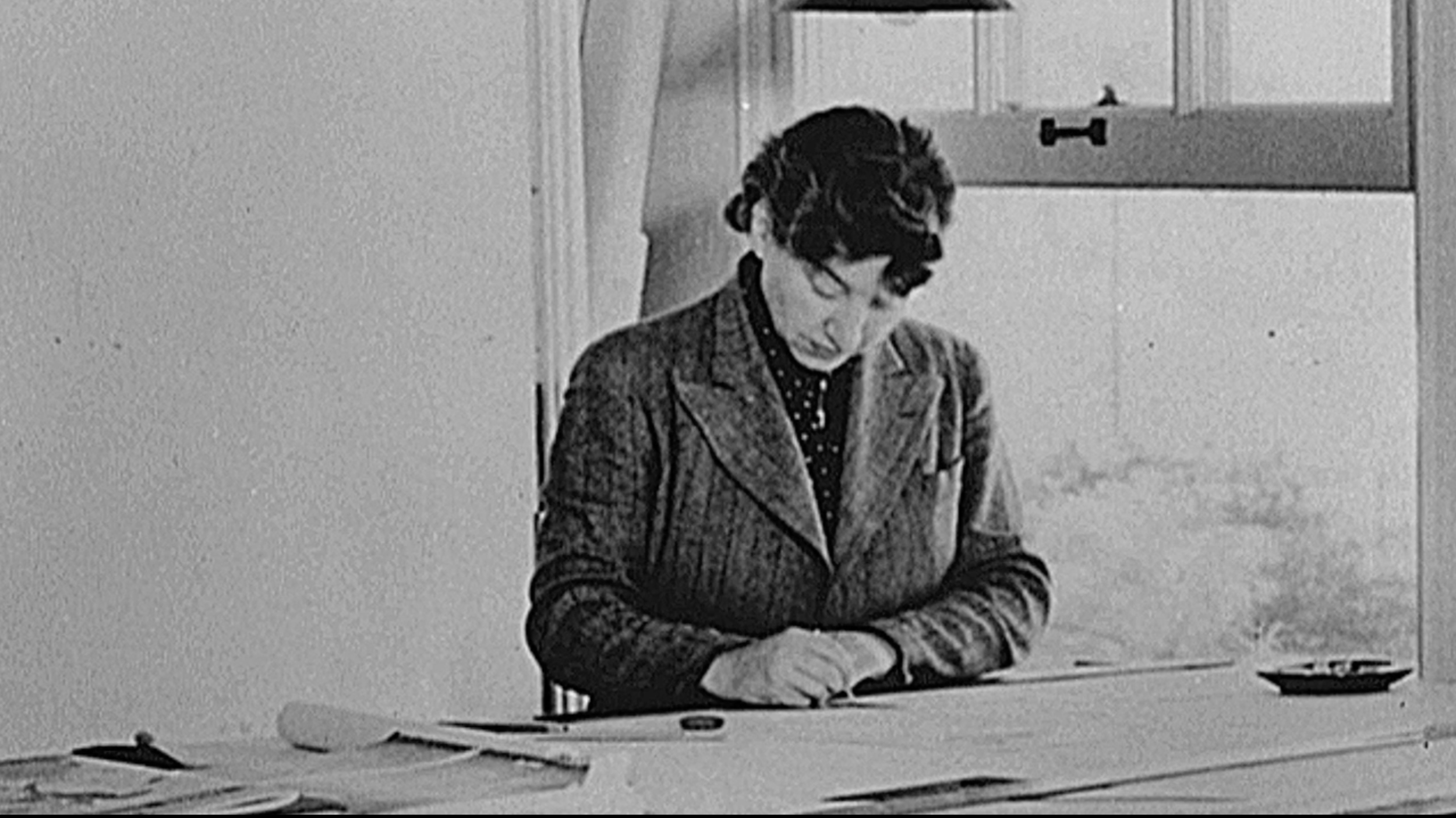Premiering 2026
The Joy of Curiosity
A rare and intimate glimpse into contemporary Buddhism and the joy of learning. Meet Lobzang, Kalsang, and Tashi as they share their journeys of childhoods shaped by exile, excellence in the classroom, and leadership in their communities.
what we do
We seek stories that often fly under the radar and teach us about the world.
our mission
Our mission is to shed light on injustice and the everyday people bettering their communities.
Select Films
We approach documentary filmmaking as a creative practice for sharing stories that bring light and change to our world.









